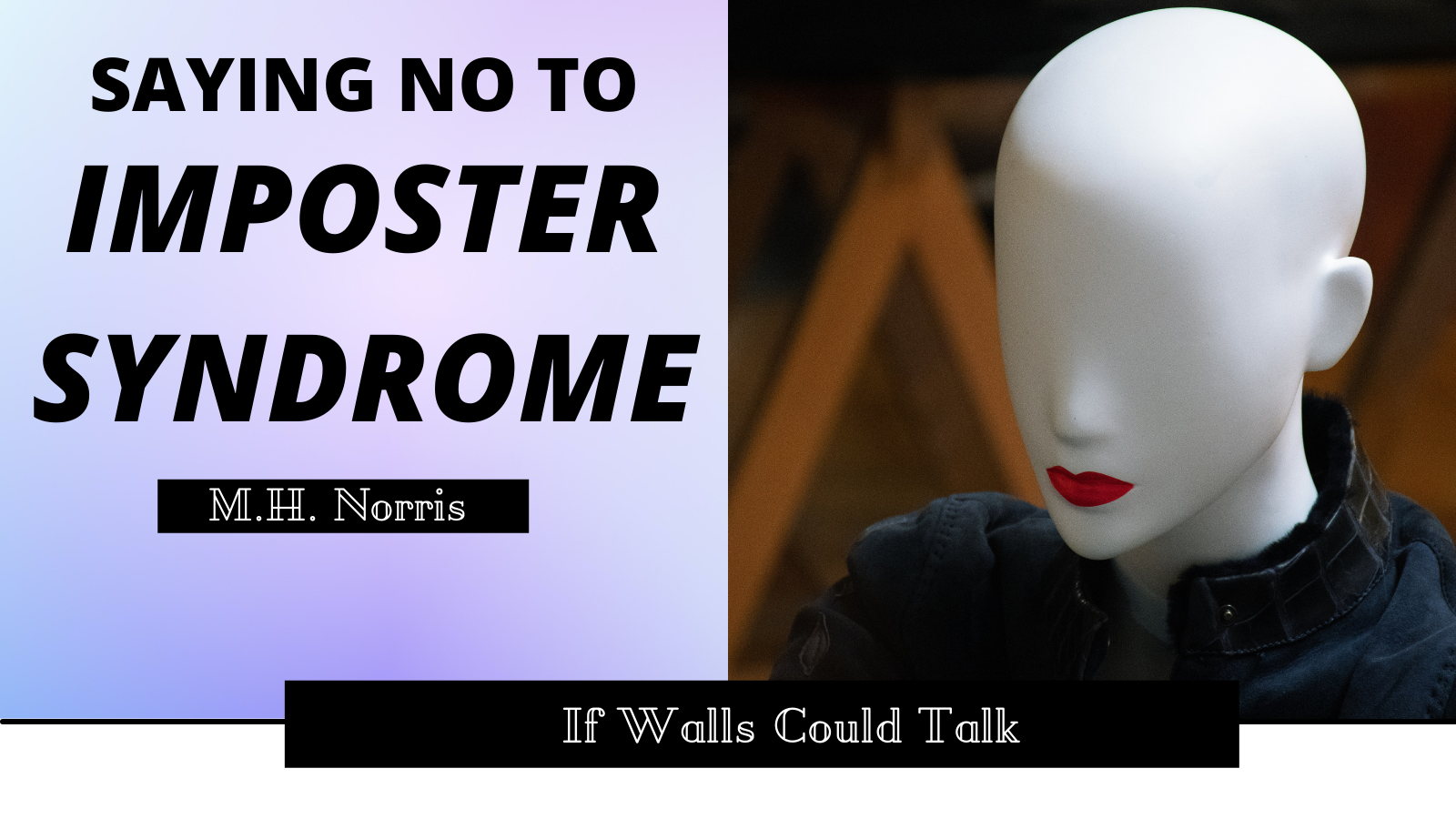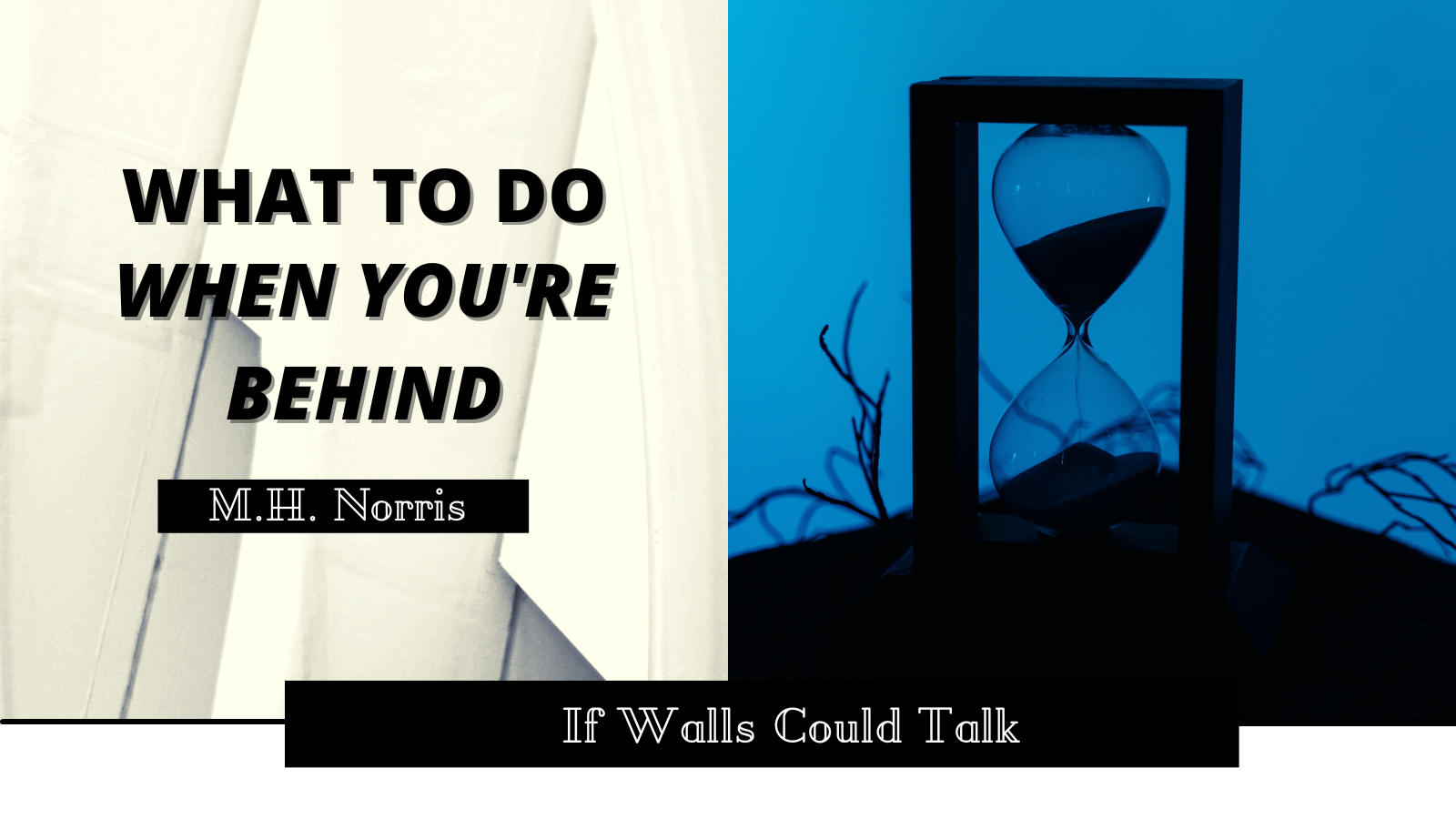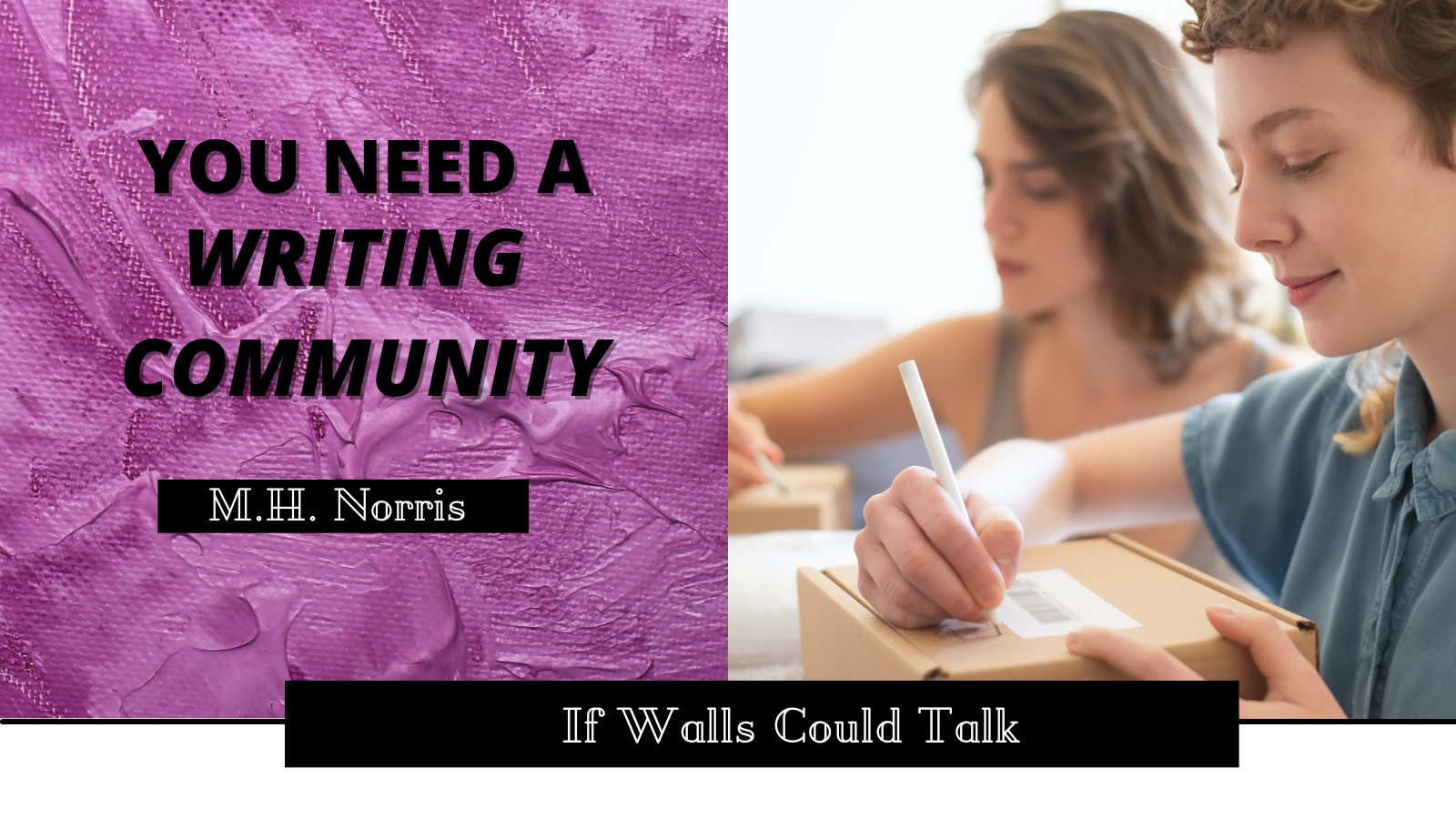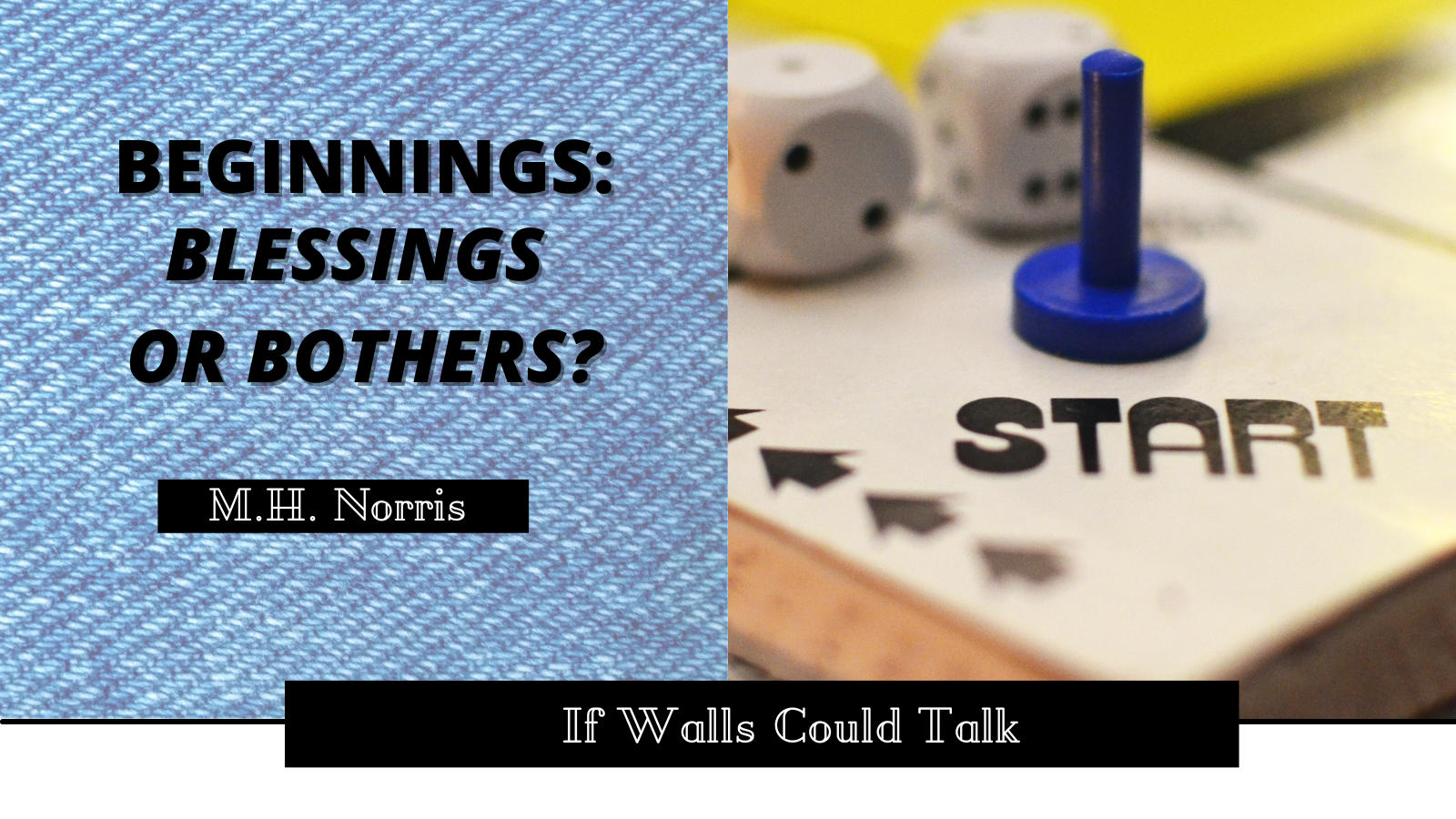
Imposter Syndrome is all too common in writers. Either we think we aren’t good enough, or newbies think because they haven’t been published yet they aren’t writers.
To kick this off, let me say something super important.
If you write, you are a writer.
Now I want you to pause, take a deep breath, and say it with me.
I
Am
A
Writer
Honestly, if there’s one thing newbie writers say that lights my fuse, it’s, “I want to be a writer someday.”
So I’ll repeat myself. If you write, you’re a writer.
Now, some people will change the labels later in their career. Published author, or professional writer, or just an author. These titles are accurate.
But just because you don’t have something published doesn’t make you any less a writer than someone like me, someone who has a multi-page CV.
There is a second type of Imposter Syndrome. This is one that I run into all the time. It’s playing the comparison game.
A few months ago I was working on Rosella’s book. You know, the one I’ve been working on for five or so years now. I am having trouble making the end work. On top of that, the whole story didn’t gel. You can read more about some recent changes I’ve made, and how they’ve helped me (hopefully) crack the book over at Stage 32.
Some friends introduced me to Hulu’s Only Murders in the Building and I was hooked pretty quickly. We watched it together (they were doing a rewatch with me while I was seeing it all for the first time), and I enjoyed every twist and turn along the way.
But as a writer, more importantly as a mystery writer, I felt like a fraud watching that. I felt woefully inadequate as a writer. Honestly, there are still moments even months later where I do.
It’s a daily struggle.
What exactly is Imposter Syndrome?
The Oxford Dictionary defines it as: the persistent inability to believe that one’s success is deserved or has been legitimately achieved as a result of one’s own efforts or skills.
Verywellmind.com had a definition I loved. Impostor syndrome (IS) refers to an internal experience of believing that you are not as competent as others perceive you to be. While this definition is usually narrowly applied to intelligence and achievement, it has links to perfectionism and the social context. To put it simply, imposter syndrome is the experience of feeling like a phony—you feel as though at any moment you are going to be found out as a fraud—like you don’t belong where you are, and you only got there through dumb luck.
And then there’s this from the American Psychological Association:
First described by psychologists Suzanne Imes, PhD, and Pauline Rose Clance, PhD, in the 1970s, impostor phenomenon occurs among high achievers who are unable to internalize and accept their success. They often attribute their accomplishments to luck rather than to ability, and fear that others will eventually unmask them as a fraud.
They go on to mention it can bring about feelings of anxiety and depression. For a writer who’s prone to one or both, it can lead to a vicious cycle (see my earlier article for more on that).
This is both an interesting topic and a hard one for me to write about. But, it’s something I struggle with all the time. And since I am running a theme with Mental Health Awareness, I figured now was a good time to talk about it.
First off, if you feel this way, you’re not alone. At some point in their career, every writer feels this. If they haven’t crossed it yet, they’re in a stage of writing that I might have to do a whole column on sometime in the future. Imposer Syndrome is nearly as natural to writing as writing itself.
Secondly, it comes in waves. Sometimes I can write and feel okay. Then other times, I can barely write a paragraph without feeling like a fraud. There are times when I’m writing this very column every week where I wonder, “Who am I to write this?”
To answer that, I’m someone with a decade of experience. I’m someone who has learned some hard lessons; I know there’s things I’ve done that I hope, in my own way, I can help you avoid. James wants me to add that I’ve also done good work, and I have positive lessons to teach as well. That didn’t occur to me when writing this paragraph.
How do I deal with my Imposter Syndrome?
Sometimes not very well.
I can’t tell you the number of times I’ve messaged James, telling him I’m a horrible writer and my current draft is awful, and I’m about to chuck the whole thing out.
He always tells me no to that last bit. Except for the one time he did (you can read about that saga here). And just this once, it was the right call.
I am my own worst critic. And this is one way it manifests. It’s hard for me to see that my writing has improved. The more I write, the more I publish. the worse I feel like I get.
From an objective point of view, I’m aware that it’s the opposite. But try telling my brain that.
This is one of the many, many reasons that you need a supportive circle of people around you. You need those people to be your cheerleaders when you can’t do it yourself. The people who will tell you when you’ve done something right. But will also tell you when you have room to grow and improve.
Because without them, the Imposter Syndrome might win out. Perhaps there are ways to talk yourself out of it. To tell you that you’re a good writer. To become your own cheerleader and silence that critic within.
If there is, I’m still working on figuring it out.
Every so often, it happens. I write something and know it’s pretty good and don’t doubt all of my choices. And I feel on top of the world when those moments arrive.
It doesn’t mean I love writing any less. It comes with its ups and downs. It means I rely on those around me that much more to help me see what I can’t always see.
To wrap up, let me repeat something one more time.
You are a writer.
And no matter where you are in your journey, no matter how far you think you have to go, hold on to that.




